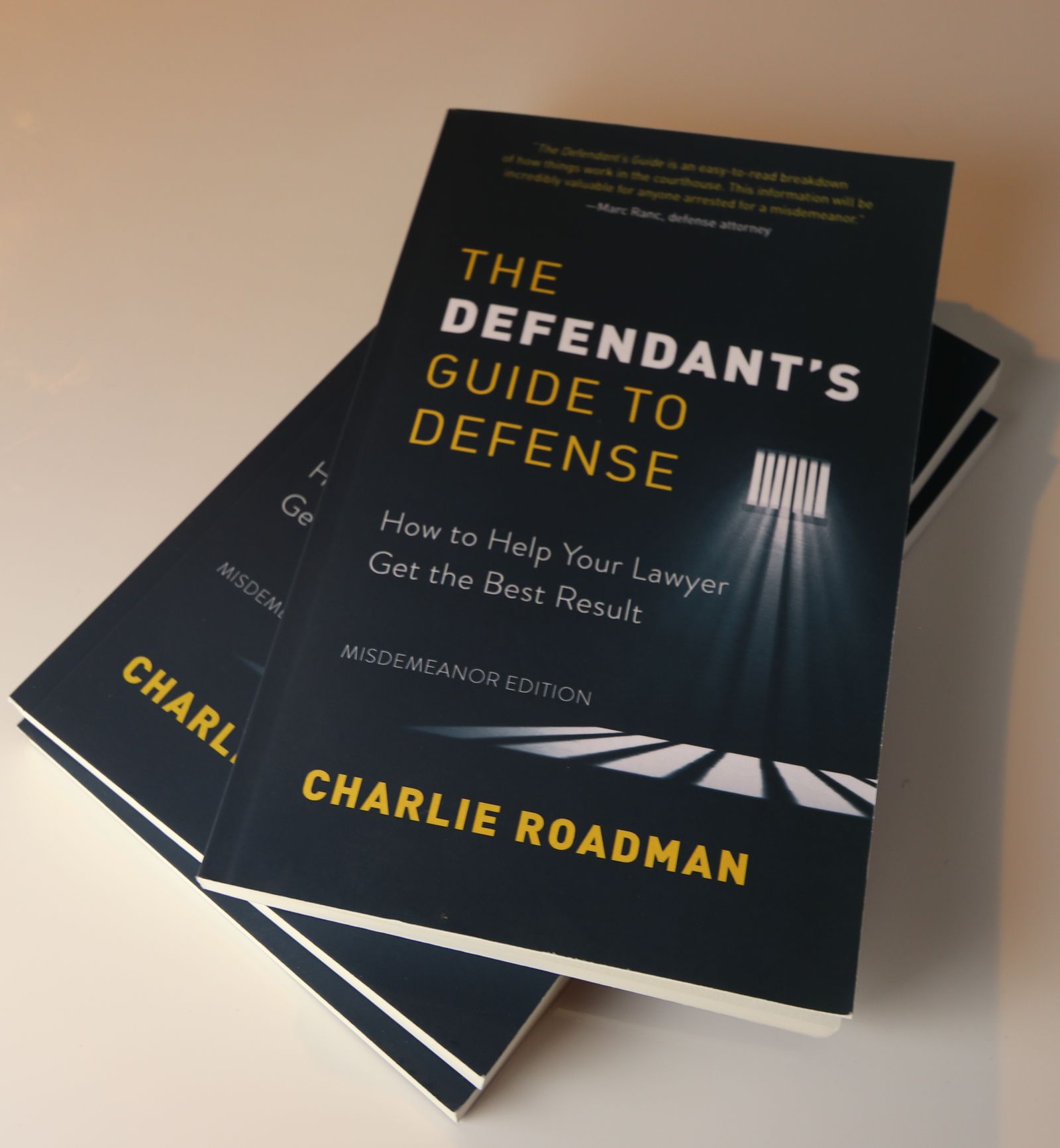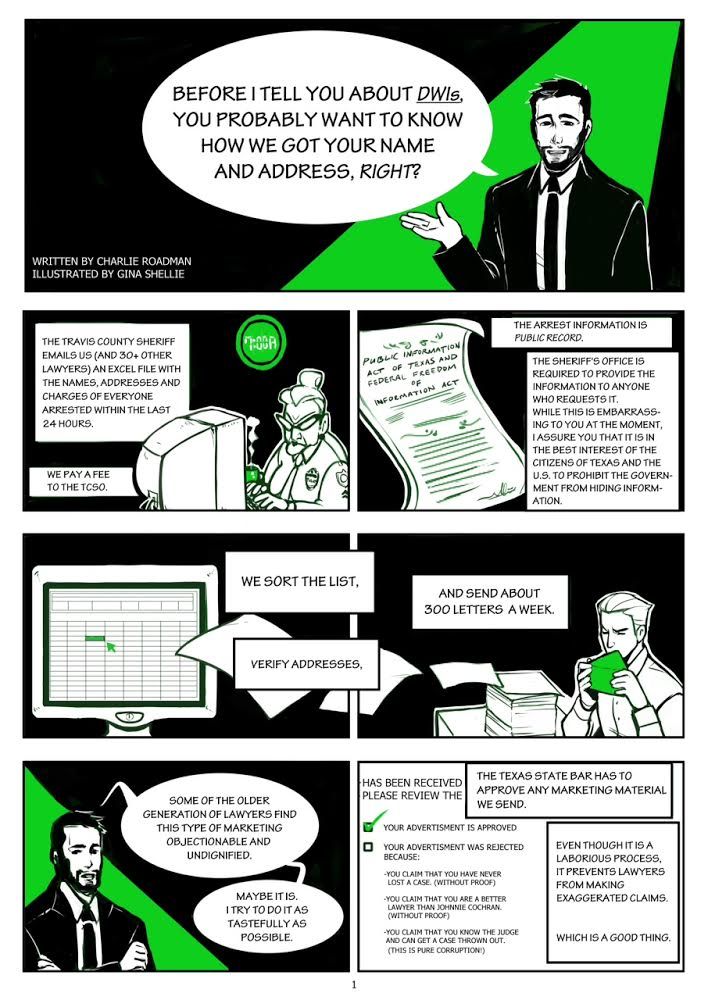mitigation in Travis County
Mitigation in Travis County
Charlie discusses the importance of mitigation in criminal defense. The "Good Guy/Good Gal packet" packet consists of various documents that defense attorneys use to present their client's character and history positively to the prosecutor.
FAQs
Q: What is the Good Guy/Good Gal packet?
A: The Good Guy/Good Gal packet is a collection of documents that a defense attorney compiles and presents to the prosecutor to personalize and positively highlight their client's background. It includes details about the client's past, current activities, and future plans.
Q: What is the purpose of the Good Guy/Good Gal packet?
A: The packet is not intended to prove guilt or innocence but to present the client in a favorable light, impacting the prosecutor’s decision-making regarding plea bargains, dismissals, or other legal outcomes.
Q: What types of documents are included in this packet?
A: Common examples of mitigation documents in the packet include proof of employment, enrollment in educational programs, community service records, awards, personal achievements, career and educational goals, letters of recommendation, and proof of counseling.
Q: How do these documents benefit a legal case?
A: These documents can influence the prosecutor to consider a more favorable plea bargain by providing context and evidence of the client’s positive traits and responsibilities. This can be particularly helpful if certain convictions could have severe repercussions like affecting immigration status, professional licensing, or travel.
Q: When should these documents be provided to the defense attorney?
A: Defense attorneys typically request these documents at strategic points in the legal process, much like diplomatic timing, to ensure maximum impact on the proceedings.
Q: What is the client's role in preparing the Good Guy/Good Gal packet?
A: It is primarily the client’s responsibility to gather and submit all pertinent documents to their attorney. The attorney will then review these materials to determine what will be most persuasive to the prosecutor.
Q: What if the client is unsure about what documents are available or relevant?
A: If clients are uncertain about what documents they can provide, it's their duty to explore and gather any potentially useful documentation. The defense attorney can help guide them on what might be most effective but ultimately relies on the client to provide the necessary materials.



